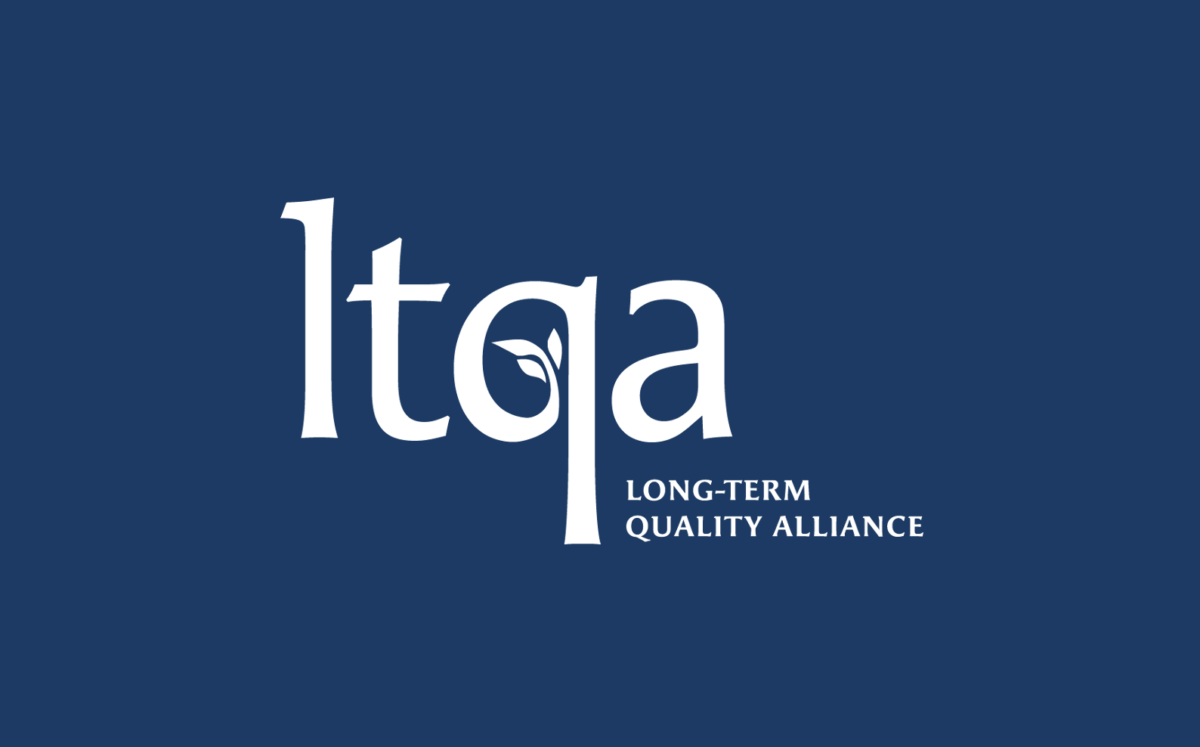Title: How MLTSS States and Health Plans Can Advance Health Equity
Author: Grace Hong, G. Lawrence Atkins LTSS Policy and Research Fellow
Publication date: August 2023
14 million older adults and people with disabilities rely on long-term services and supports (LTSS), which help them perform daily activities such as bathing and managing medications. In the U.S., Medicaid pays for over 50% of these services, and many states operate managed long-term services and supports (MLTSS) programs, in which state Medicaid agencies contract with managed care organizations (MCOs) to deliver LTSS. People with LTSS needs often experience barriers to accessing care and achieving their highest quality of life due to the combined effects of their age, disability, race, ethnicity, language, sexual orientation, gender identity, and/or geography.
On July 12, 2023, Long-Term Quality Alliance hosted a webinar and panel discussion on promoting equity in LTSS, based on a recent report published by ADvancing States and Impact 120, Advancing Equity through MLTSS Programs. The webinar featured Camille Dobson from ADvancing States, Laura Chaise from Impact 120, Melinda Karp from Commonwealth Care Alliance, Merrill Friedman from Elevance Health, and Rachel Shands from the Minnesota Department of Human Services.
The speakers highlighted five key themes while discussing how MLTSS states and MCOs can work together to enhance state capacity and create more equitable programs for people with LTSS needs.
Theme 1: It’s hard to address equity if we cannot measure it
Most states are missing or have low-quality data on MLTSS recipient demographics – such as race, ethnicity, and gender identity – which makes it difficult to monitor for disparities. In order to address this data gap, the Minnesota Department of Human Services administers the NCI-AD survey to collect demographic data and identify inequities and collaborates with MCOs to develop solutions.
Theme 2: Equitable MLTSS programs require a diverse network of culturally competent providers and community partners
MLTSS programs should ensure that individuals with LTSS needs receive culturally competent care and have the opportunity to receive services from providers with shared histories, languages, and cultures. To this end, Elevance Health is offering free training content on accessibility, implicit bias, and cultural competency to its network of LTSS providers and offering scholarships to students at Historically Black Colleges and Universities, Hispanic-Serving Institutions, and tribal colleges and universities to help increase diversity in the healthcare workforce.
Theme 3: States can use a variety of existing tools to align MLTSS plan efforts with their equity-related goals
When MLTSS states request proposals from and build contracts with MCOs, they can prioritize equity-related goals such as improving demographic data collection and encourage MCOs to invest in these efforts. In 2022, the Minnesota Department of Human Services explicitly asked health plans seeking to partner with the state about steps they are taking to address structural racism and reduce disparities.
Theme 4: To understand inequities, MLTSS plans must authentically engage members through multiple modalities
While all MLTSS programs include requirements around engaging and educating MLTSS consumers, there remain opportunities to better engage those with lived experiences by including a representative, diverse group of individuals, removing barriers to participation, and offering multiple methods of engagement. Community Care Alliance sees members as key collaborators and regularly engages them as paid advisors through advisory councils, focus groups, interviews, and co-design workshops for input on programs and policies.
Theme 5: Person-centered planning can advance equity by addressing barriers at the individual consumer level
Person-centered planning – a process used to coordinate a person’s services and supports based on the person’s goals, needs, preferences, and values – helps identify MLTSS consumers’ individual needs and ensure services are provided intentionally and appropriately. MCOs including Community Care Alliance and Elevance Health are taking steps such as enhancing cultural competency training for care coordination staff to improve person-centered planning and provide personalized care to members.
MLTSS states and MCOs are well positioned to advance equity among LTSS populations by closing data gaps, creating a diverse network of providers, explicitly discussing equity-related goals, engaging people with lived experiences, and improving person-centered planning. While the report and webinar featured promising practices that MLTSS states and MCOs have adopted, all of the panelists agreed that significant work remains to be done. As Rachel Shands from the Minnesota Department of Human Services said, states and MCOs should “stay very humble and very open to learning and relearning as [they continue] engaging in these conversations about equity and about the experiences of people who receive [LTSS].”

